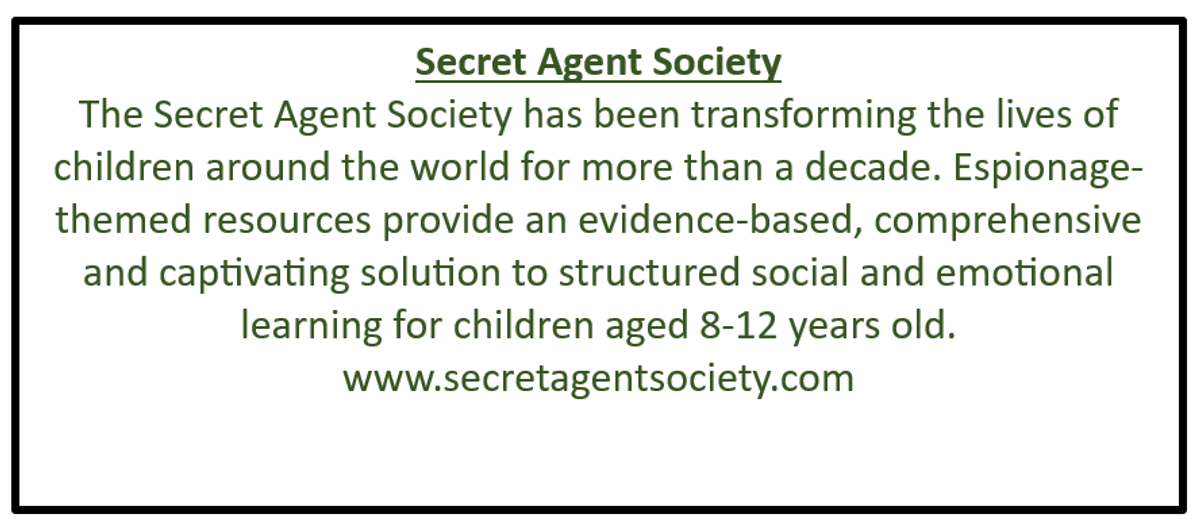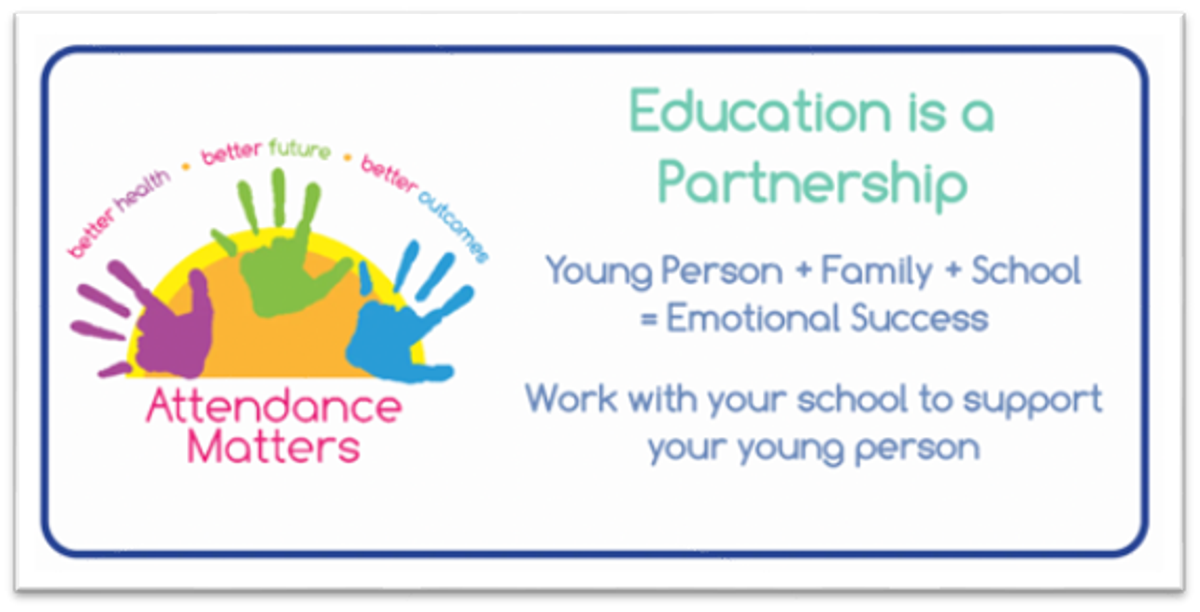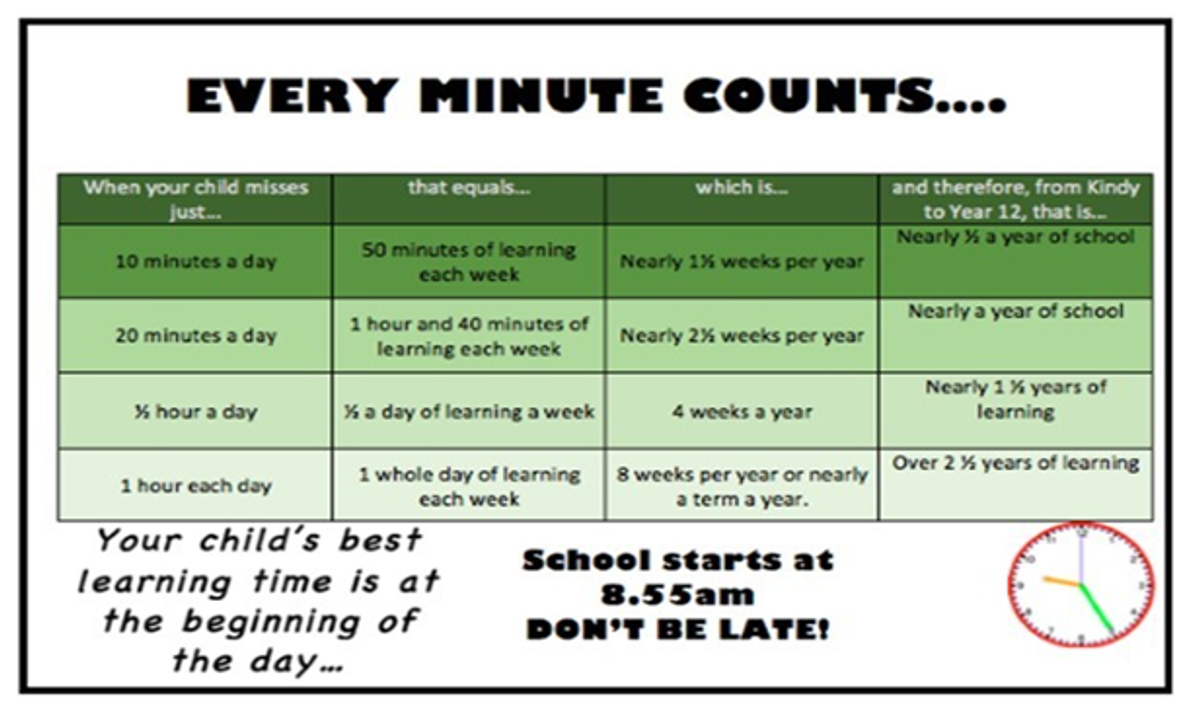Thrive & Flourish

Welcome to Week 8 of Term 1. Hopefully we have seen the last of Summer and hot days – Autumn is certainly a beautiful time of year with cooler weather.
For those currently unwell, we hope for a speedy recovery for you.
For those who’ve welcomed a new addition to the family, we extend our warmest congratulations on this happy occasion.
For those families who’ve experienced a recent bereavement, please know you are in the prayers and thoughts of all in our community.
Secret Agent Society 2025 (SAS)
SAS is an award-winning, evidence-based program that teaches children how to detect the thoughts and feelings of themselves and others. Through SAS, children can be empowered to:
Understand the social needs and preferences of a wide range of people,
Explore their own range of needs, and
Communicate their needs more comfortably with others.
These life skills are important for children to navigate social conflicts and also develop the confidence to create and maintain friendships at different stages in their life development.
For more information go to https://www.secretagentsociety.com/
Thank you to those families that have shown interest in being involved in the SAS program this year. If you are interested in your family being involved in SAS this year and have not registered your interest please contact myself, Felicity Bryant or Tony McDonald ASAP.
If you’re still wanting to be involved, please contact us and further information will be sent to you.
Deb Turvey.
What is it?
Resilience is the ability to ‘bounce back’ after challenges and tough times.
For children, challenges and tough times include experiences like starting at a new school, moving house, or welcoming a sibling into the family. They can also include serious experiences like family breakdown, family illness or death.
If given the chance, resilience is a skill that children develop as they grow. Having resilience helps them navigate stressful situations and with the right skills, they have what it takes to confront difficult obstacles.
Why is it good for children?
Despite our best efforts, we can’t protect our children from obstacles. It’s easy to jump in and try to help our children solve problems so they avoid dealing with discomfort, but this can weaken resilience. At times we may have to stand back and allow them to problem-solve independently, as the more they can bounce back on their own, the more confident they become at knowing that they can solve their own problems.
When things don’t go well and children feel anxious, sad, disappointed, afraid or frustrated, resilience helps them understand that these uncomfortable emotions usually don’t last forever. They can experience these emotions and know they’ll be OK before too long.
Resilient children are less likely to avoid problems or deal with them in unhealthy ways, like getting defensive or aggressive. Resilient children are also likely to have better physical and mental health than children who struggle to be resilient.
Ways to develop resilience?
Children learn resilience through experience. Each time your child overcomes a problem, it builds their confidence in their ability to handle the next challenge.
Here are some ways you can build your child’s resilience:
Help your child to identify and manage strong emotions. For example, your child might be worried about a family member who’s sick. You could say, ‘I can see you’re really worried about Grandpa. It’s OK to be worried. But remember we’re doing everything we can to help him get better’.
Encourage your child to have another go when things don’t work out the first time they try something. Praise your child for trying, no matter the result. You could say ‘I’m proud of you for finishing the race’ or ‘Well done for giving it another go’.
Make it a habit to recognise and acknowledge when things are going well. For example, during family meals you could each share one positive thing from your day.
Children who are resilient can recover from setbacks and get back to living their lives more quickly. When children overcome setbacks and problems, it builds their confidence and helps them feel more capable the next time a problem comes up.
Student Attendance
At Sacred Heart, most students come to school regularly and as a result are learning new skills socially, academically and emotionally. This is an expectation and a right that we would like to see enacted for every student.
We know that coming to school on time every day is a necessary condition for learning to occur. Students who attend school every day benefit from all of the support and teacher assistance that is available and are much more likely to go ahead in their learning.
Being ready to begin the day's learning with the rest of the class is also very important and we ask for your support in ensuring that students are in their classes by the beginning of day bell. Being prepared for the day, and starting with peers, encourages a great day of learning and helps with organisational details of the day.
Parents/guardians are responsible for making sure that all children attend school every day unless they are too unwell, in which case the school must be advised.
We welcome any emails or calls if families wish to seek support and can be contacted via email at any time or a phone call to school.
Email:
Tony McDonald: tmcdonald@shtatura.catholic.edu.au
Felicity Bryant: fbryant@shtatura.catholic.edu.au
Deb Turvey: dturvey@shtatura.catholic.edu.au
If ever you need help sorting out personal or family issues, give CatholicCare Victoria a call. They offer many services to all members of our community – ALL FREE.
Wishing everyone a safe and happy fortnight ahead.
Tony, Felicity and Deb.










